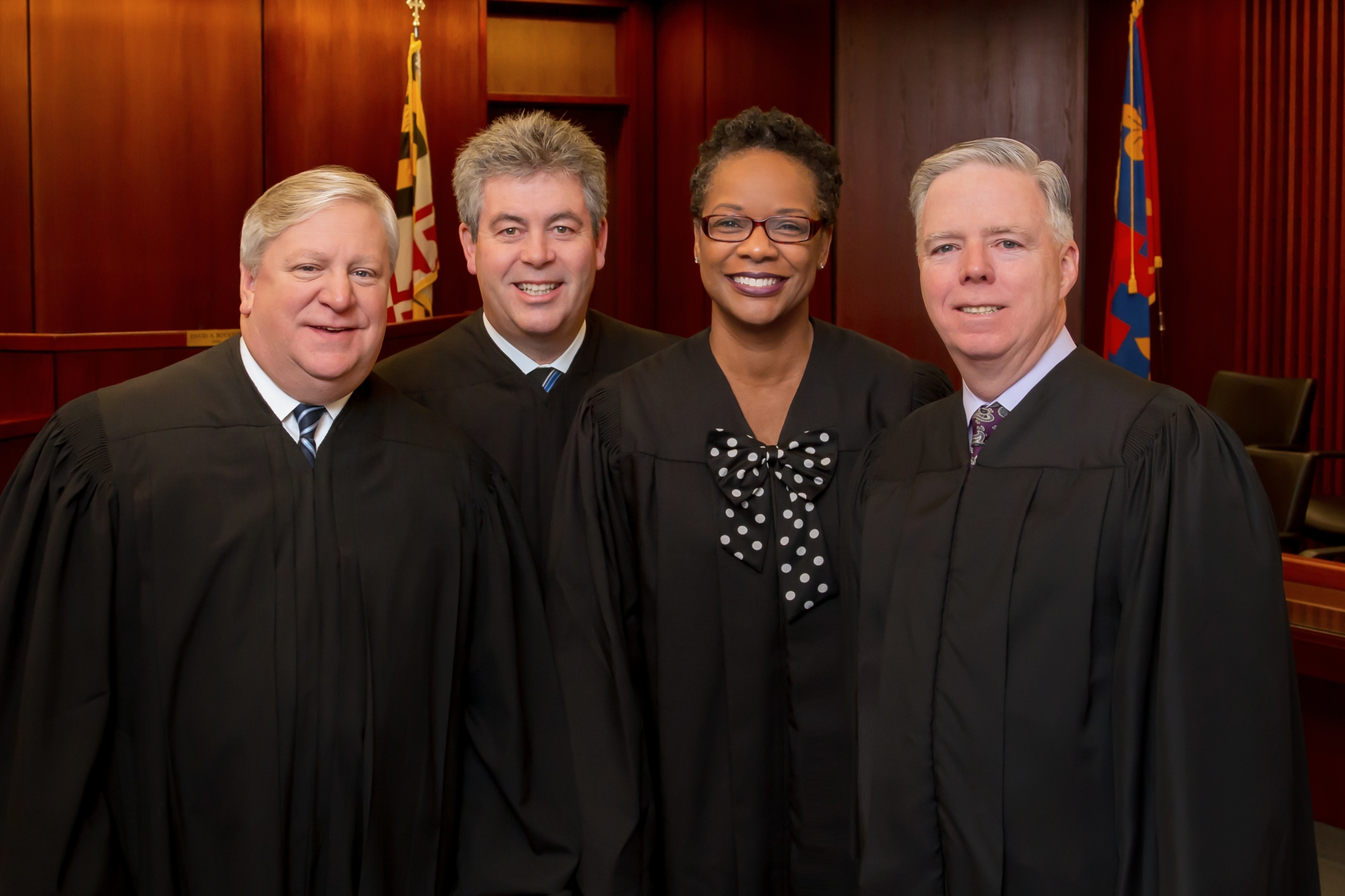If one is interested in applying for a Circuit Court judgeship, he or she must submit an application. Applicants must include their personal history, family and affiliations, avocational interests and activities, educational and professional backgrounds, teaching projects, publications, practice history, including details about cases they have had in the courts for which they are applying. They must detail community involvement and organizations in which they are active, criminal history and any violations of the law or professional standards, experience in various areas of the law, memberships and offices held, business and civic involvement and affiliations, litigation to which they have been a party and anything else in their backgrounds that would be relevant to the determination of their qualification for the position of Judge. This application is often 25 or more pages long once completed.
Applicants must submit 2 writing samples and multiple references. References are those in the legal community who are familiar with the applicant’s professional qualifications. They are often leaders of the legal community who are trusted to offer honest and informed opinions about the applicants. It is important to note that information about the applicant is sought from judges, opposing counsel, other lawyers and community members who are familiar with the applicant professionally and personally–not just those references listed by the applicant.
Applicants are invited to authorize transmission of their application to 13 or more Bar Associations and organizations. The persons who sit on the judicial selection committees of these associations and organizations and the Trial Courts Nominating Commission are all volunteers with a common goal of ensuring that applicants’ backgrounds are thoroughly explored before they may be nominated for this important judicial position.
The statewide judicial nominating commissions were first established in 1970 to vet applicants and propose nominees for appointment to the courts. Today, each commission consists of thirteen members appointed by the Governor. Four of the members are nominated by the local bar association.
The name of any judge or lawyer living or practicing in the county who applies for the judicial position appears on a referendum ballot issued through the county Bar Association, unless an applicant declines to be subject to that vote. None of the sitting judges has declined. In Montgomery County, the County Bar has over 2000 members who receive the referendum ballot. Bar members consider the integrity, wisdom, legal knowledge, and temperament of the Applicants and vote on them.
Members of the Trial Courts Judicial Nominating Commission consider carefully the recommendations of the above-referenced organizations and the results of the vote of the members of the entire County Bar Association.
The Commission independently reviews every application, obtains the input of multiple members of the legal and lay communities, interviews each and every Applicant, deliberates carefully about each Applicant, and following this incredibly intense vetting, forwards to the Governor the “short list” of those Nominees found most qualified. The entire exercise is nonpartisan.
The Governor’s office then does its own vetting, which requires another round of less formal, but important interviews with the Governor’s advisers.
By the time the Governor interviews the Nominees on the “short list,” each has been thoroughly vetted and is assuredly professionally qualified for the position.
Under the current law of this State, this entire merit selection process can be avoided and has been avoided by candidates who are not judges who have elected to run against the sitting judges. To run and be elected as a judge, these candidates need only meet the very lowest level of qualification to be a judge in Maryland—residence in the state of Maryland for at least five years, age of at least 30 years and a license to practice law. They need not have submitted themselves to the extensive vetting discussed above.
The vetting process is emphasized because it is a vital exercise, and when it is avoided in its entirety, this gravely disadvantages our community.
The goal of the sitting judges always has been to educate community members about the details of the vetting process and this slate stands ready to be available to answer any questions. None of the applicants who have failed to be nominated have authorized any members of the committees and commission who have vetted them to publicly release details of their application to reveal why they have been rejected repeatedly as unsuitable to join our Circuit Court Bench.
The value of the vetting and selection process is not only that qualified candidates are placed before the Governor for appointment, but also that unqualified candidates are weeded out after their backgrounds, qualifications, reputation and acumen are independently and thoroughly explored by these multiple committees before the applicant is ever interviewed by the Judicial Trial Courts Nominating Commission or presented to the Governor for consideration.

